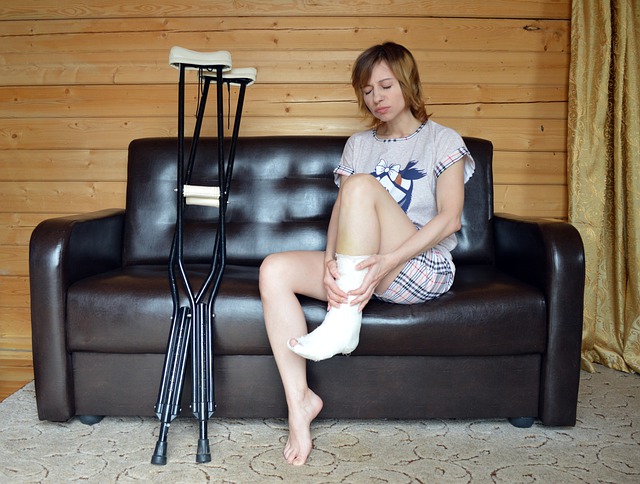Workers compensation law in Australia
Image by press ? and ⭐ from Pixabay
In case of a work-related injury or disease, all workers or deemed workers are eligible to claim workers compensation. Every workplace in Australia should have its employees covered with compulsory workers’ compensation insurance. The injuries do not have to be related to the worker’s negligence as workers compensation is based on a no-fault scheme.
Considering the outcomes of such an injury, the process might be wearing, exhausting, and difficult to deal with. You can bring a claim on your own or with the assistance of a personal injury solicitor that will manage the process for you.
Who can claim workers compensation?
Workers, deemed workers, part-time and full-time workers and self-employed employees can make a workers compensation claim as long as the injury was a result of the job or the injury was sustained in the course of employment.
What can I claim in workers compensation?
If it is established that your injuries were in the course of your employment, you may be eligible to claim compensation for the following:
- Medical expenses
- Weekly payments
- Travel expenses to and from the medical appointments as long as they are reasonable or necessary
- Domestic assistance
- Work injury damages
- Compensation for dependents and funeral expenses if the work-related injuries led to the death of the worker
- Lump-sum payment
Lump-sum payment
If your work-related injuries are in a degree of permanent impairment, you may be awarded lump sum compensation in addition to the other payable compensation. To claim lump-sum payment, you or your lawyer should set an appointment with a qualified permanent impairment assessor and have your injuries assessed. The permanent impairment assessor will review your injuries and should indicate that the injures has reached maximum medical improvement which means that your condition is stabilized and will most likely not change significantly in the next year
You can claim lump-sum compensation if your injuries are assessed as whole person impairment with a degree of greater than 10% for physical injury or greater than 14% for psychological injuries.
Exempt workers (police officers, ambulance paramedics, and fire officers) can claim lump-sum compensation if their physical impairment degree is greater than 0%.
How do I make a workers compensation claim?
1. Notify the employer as soon as possible after the injury arises. The initial notification can be made either verbally or as a written notice.
The initial notification of injury should include the name and the address of the injured worker, the cause of injury and the date the injury occurred. Your employer should keep a register of injuries. You can add the injury to the register as an initial notification.
2. Visit your doctor
Either you or your legal representative should arrange an appointment with a doctor and have your injuries assessed. Your doctor will complete a certificate of capacity which is a document signifying the type and the degree of your injuries as well as indicating the treatment required.
3. Gather all the necessary documents
You or your lawyer should gather all the information demonstrating that you are a worker, received an injury during the employment which caused you decreased earning capacity, loss of income and in need of medical treatment.
4. Complete and submit the Workers Compensation Claim Form
Obtain and submit the form with the documents demonstrating the situation of your injuries, your certificate of capacity and the other relevant documents.
Do I need a lawyer to make a workers compensation claim?
It is not compulsory to have a lawyer to make a claim. However, it may be very advantageous to work with an experienced workers compensation lawyer. Your lawyer will ensure you understand your rights, evaluate the case for you, manage the talks with the insurer, set the appointments with the doctor and remark the documents needed to support your claim and help you obtain them.
Lawyers, representing workers compensation clients should be approved lawyers by the Workers Compensation Independent Review Office (WIRO). A WIRO approved lawyer should not charge you for their costs or disbursements because their costs will be paid by WIRO even if you can successfully receive compensation.
Malik is a digital marketer and versed blogger. He has been working in this field for some time now and knows how to balance creativity and technical side of content. He loves to write blogs endlessly and share his knowledge & experiences with others. Visit xitepod.com for more info.

